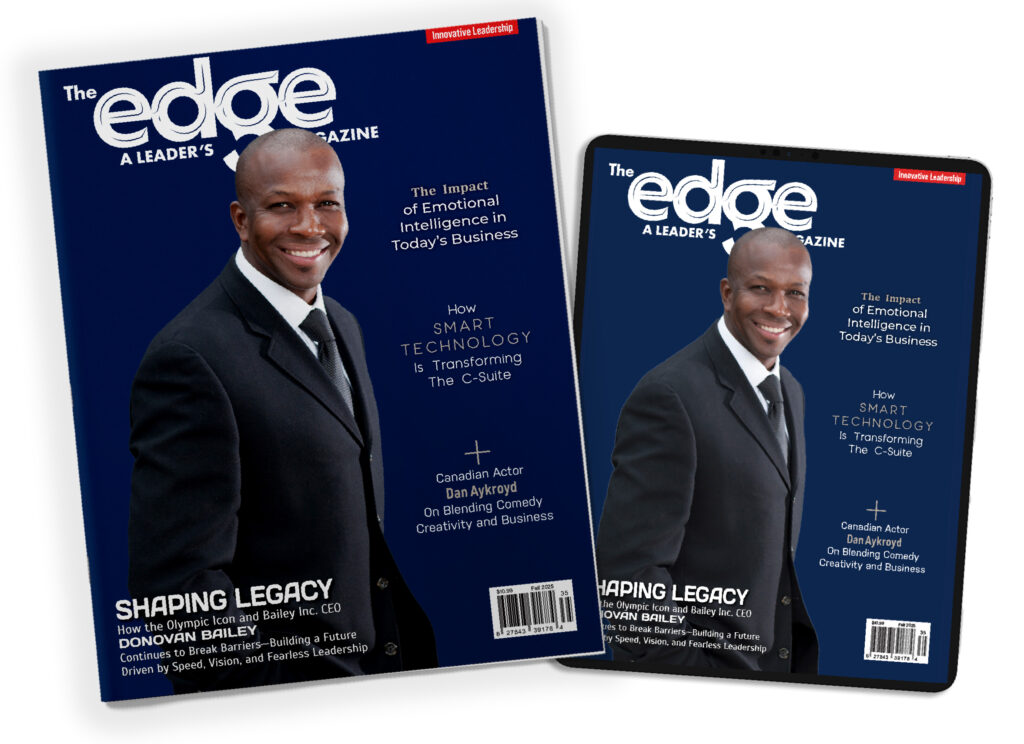With over 400 million weekly users worldwide, ChatGPT is growing on an unprecedented scale. People are increasingly using ChatGPT for anything and everything, from solving their homework math problems to finding the latest recipe for dinner.
With its ease of use, ChatGPT quickly generates written and spoken answers depending on the device you are using. With ChatGPT taking over search queries, it might be challenging for your company or brand to stay relevant in the face of competition.
Large Language Models (LLMs) are changing the trajectory of search engines in how consumers discover and interact with brands online. LLMs are a type of artificial intelligence that uses deep learning to process and generate human language.
If someone searches for your brand online, how can you broaden your reach and maintain a competitive edge in the age of AI? Here are four ways to do so.
Optimize Conversational Search
When searching for content online, search engines rely heavily on keywords. Keywords are words and phrases people use; they help search engines understand what a webpage is about and match it with relevant user queries. As a business owner, it’s important to use long-tail keywords; they easily help AI interpret the content of your website.
Before you start, think about what questions your customers might ask themselves before entering content on search engines like Google, for example. Once you sort that out, use relevant long-tail keywords on your website to make it rank higher on search engine results. Long-tail keywords face less competition than other keywords, which makes it easier for your website to achieve more visibility.
Stay Relevant
If you want to stand out in the age of AI, you need to stay relevant. You might have heard the expression “content is king.” True to its core, you need to think carefully about everything you post on your website. Generic, mass-produced content won’t cut through AI-driven search engine results.
To make your content stand out, you must create engaging copy that resonates with the audience. This involves much more than utilizing storytelling to build connections; it also means maintaining a strong online presence through consistent messaging and ensuring that your brand values are reflected in your online marketing strategy.
Build a Strong Brand Authority
For your brand to stand out among other competitors, you need to define your presence in other ways. For example, many AI search engines factor in online mentions and citations when generating responses. A strong brand authority allows you to appear not only higher on search engine results, but also more frequently.
There are many ways to build a strong brand authority; one way is by engaging actively on social media platforms like LinkedIn and Instagram. You can also focus on establishing strategic partnerships and collaborations by proactively responding to comments and questions to show your audience that you are listening to what they have to say and that your brand is approachable. Many brands have found it helpful to have a Wikipedia page. Wikipedia is one of the most cited sources in AI; having a Wikipedia page improves your chances of being mentioned in AI-generated answers when queries pop up. Another helpful way is to properly source webpages that can improve your chances of being referenced in AI-generated answers.
Keep Monitoring and Improving
You can’t stay relevant without constantly monitoring your online presence. To that end, it is imperative to use tools like Google Analytics, Google Search Console, and Bing Webmaster. These valuable online platforms provide insight into how your brand appears in AI-driven search results. Moreover, third-party tools like SEMrush BrightEdge and Brandwatch have interactive features that can optimize your SEO insights and performance so that you have a better online presence.
The rise of AI has caused an online disruption like never before. The internet is filled with splash-dash content contorted just to rank highly on search engine results. Nevertheless, you can stand out from the crowd by using these four strategies above!
David Messiha | Staff Writer


















